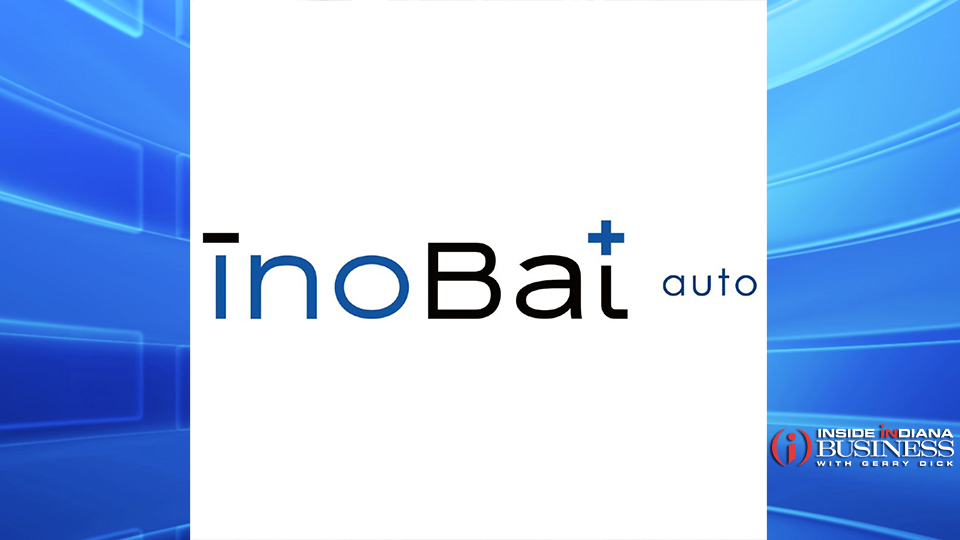Partner in planned Indy battery plant facing financial distress
Subscriber Benefit
As a subscriber you can listen to articles at work, in the car, or while you work out. Subscribe Now
Less than a year ago, Slovakia-based startup InoBat Auto announced its plans to build battery research, development and production facilities in Indiana in partnership with New York City-based Ideanomics Inc.
Now, Ideanomics says it’s running out of money, is owed more than $11 million from InoBat and isn’t certain whether it will still be in business in a year.
InoBat first announced its Indiana plans in June, saying it was partnering with Ideanomics—a publicly traded company that works to accelerate the commercial adoption of electric vehicles. The initial announcement was short on details, but InoBat made a second announcement in November saying it planned to develop a 100,000-square-foot facility in Indianapolis as part of a joint venture with Ideanomics, creating up to 80 full-time manufacturing jobs.
“Construction of the facility is expected to begin in Q1 of 2023 and assembly to begin in 2024,” the November announcement said.
InoBat also said the Indiana Economic Development Corp. had offered it “an attractive incentive package” based on these job creation plans.
IEDC spokesperson Erin Sweitzer said the IEDC has committed to providing to InoBat Auto and Ideanomics JV Co. up to $1.4 million in incentive-based tax credits and up to $100,000 in training grants. The incentives are performance-based, meaning that the company cannot claim them until Hoosiers are hired.
The agreement isn’t yet finalized, Sweitzer told IBJ via email this week. “Like any company we enter into a contract with, there will be a due diligence process before an agreement is executed,” she said.
An InoBat spokesperson said the company “is not yet ready to update on the previous announcement” about the Indiana project.
Ideanomics did not respond to email messages left Tuesday and Wednesday, nor to a phone message left Wednesday.
But the company’s annual financial report, filed March 30, paints a picture of financial distress.
“We currently do not have adequate cash to meet our short or long-term needs,” Ideanomics said in the report, adding that it is trying to secure additional financing but can’t guarantee that this will happen.
The company reported an annual loss of $282.1 million on revenue of $100.9 million, saying it has never generated an annual profit since its inception in 2004 and anticipates continued losses “for the foreseeable future.”
These factors create “substantial doubt about our ability to continue as a going concern within one year from the date of filing of this annual report,” Ideanomics wrote.
In its annual report, Ideanomics also said InoBat had failed to repay $11.4 million that Ideanomics had provided to InoBat in December 2021. The $11.4 million, which Ideanomics described variously as a convertible promissory note and as a loan, matured on Dec. 28, 2022. Ideanomics classified the loan as fully impaired and marked its value down to zero, although Ideanomics also said it expects to collect on the loan by the end of June.
Shares of Ideanomics have been trading below $1 per share for months. The closing share price on Wednesday was 6 cents.
Sweitzer said the IEDC is aware of the loan situation between Ideanomics and InoBat, but she declined to say how that might influence the IEDC’s decision about the incentives. “We don’t comment on a company’s financial situation,” she said.
The InoBat spokesperson also declined to comment on the loan, including a specific question about whether InoBat plans to repay Ideanomics.
